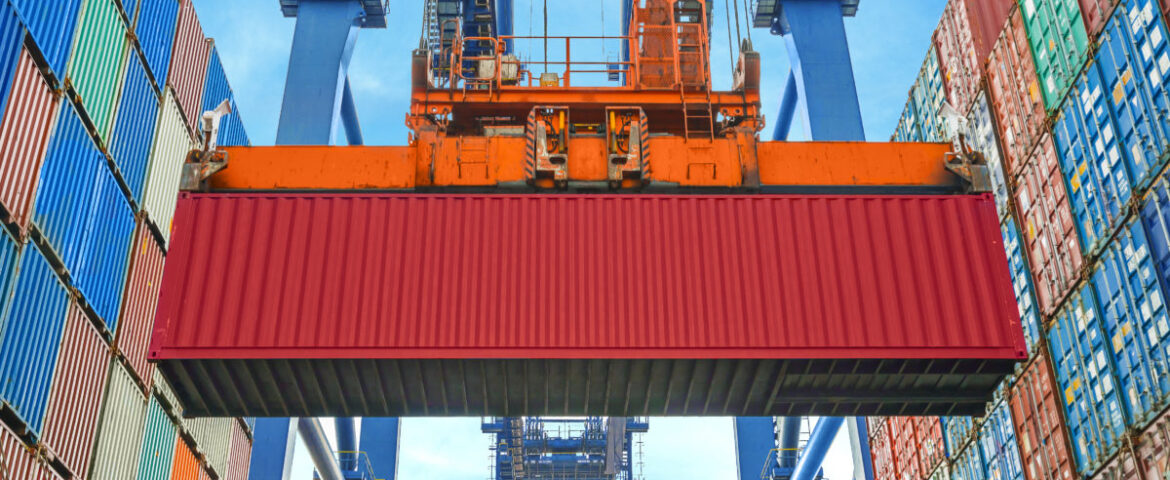A sustainable method to capture expenditure structures of cargo movement activities on nearby port regions has been developed by PortEconomics member Grace Wang along with Wen-Huei Chang (US Army Corp of Engineers) and Yue Cui (Michigan State University) updated the REgional ECONomic System (RECONS) under the U.S. Army Corps of Engineers to measure economic impacts.
Through the defined categories of port industry services and related revenues, direct support of the movement of goods through the ports can be quantified. The expenditure data based on the defined categories through the public rates published in the ports’ tariff documents were collected and used as inputs in the system. Conversion factors were developed to standardize port tariffs and expenditure profiles based on the common knowledge of the literature and expert’s justification.
Case studies provided were to re-examine and verify as the sensitivity analysis to simulate economic impacts based on changes to cargo flows using tariff data in the spending profiles. Compared to the traditional survey approach, we found that using tariff data in place of traditional surveys provides a time-effective way to capture and update port characteristics, business structure and flows, as well as to extract detail information that is otherwise neglected for economic impact analysis.
Their port study has been published in the 44(4) issue of International Journal of Transport Economics and you can download it via journal’s webpage.












